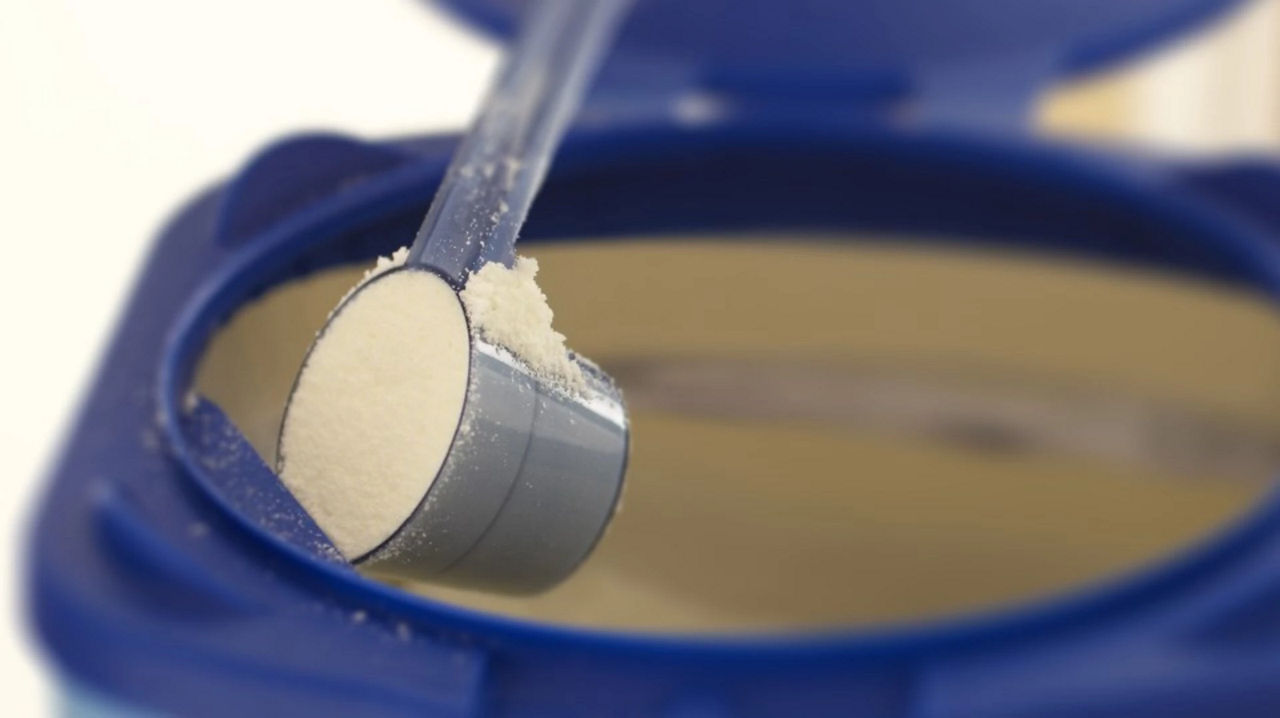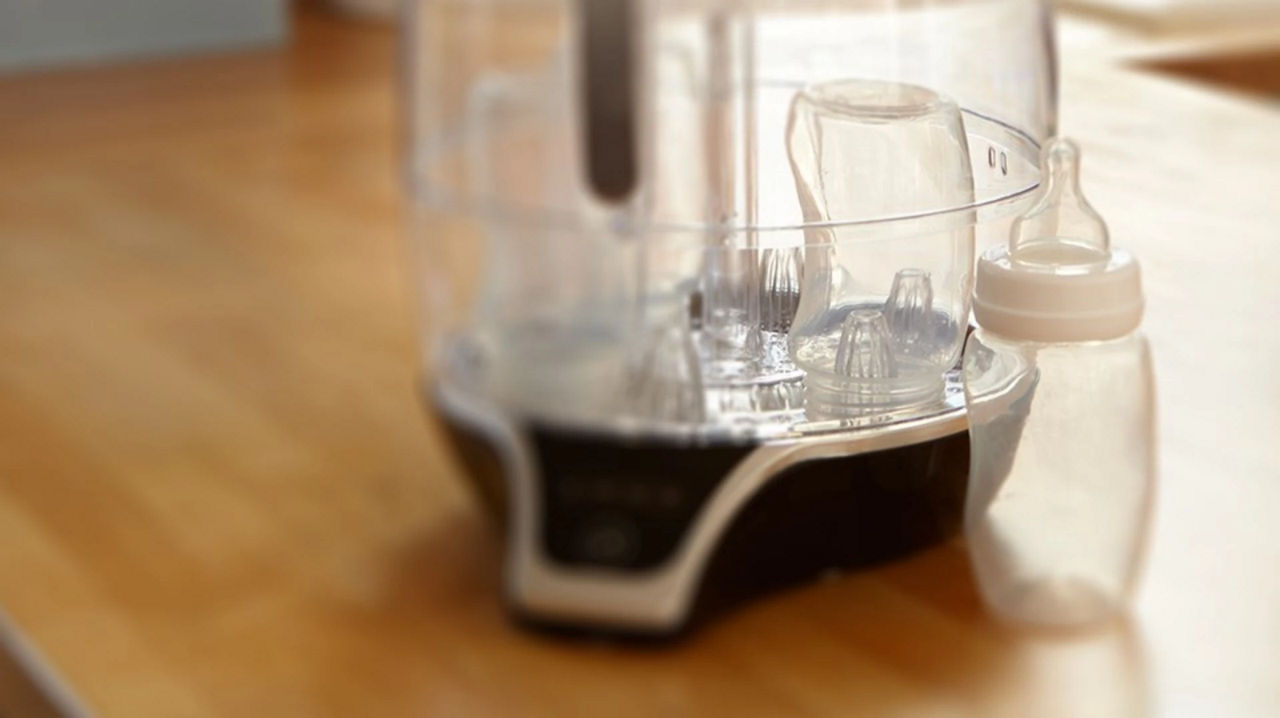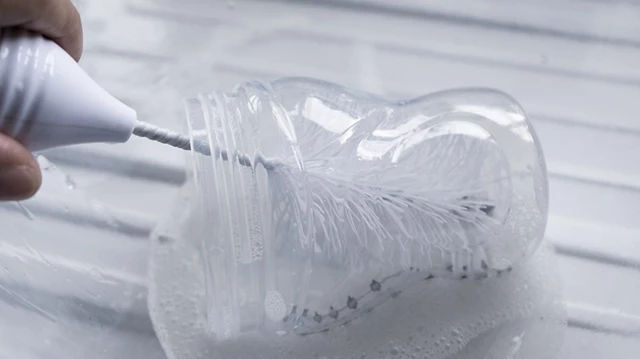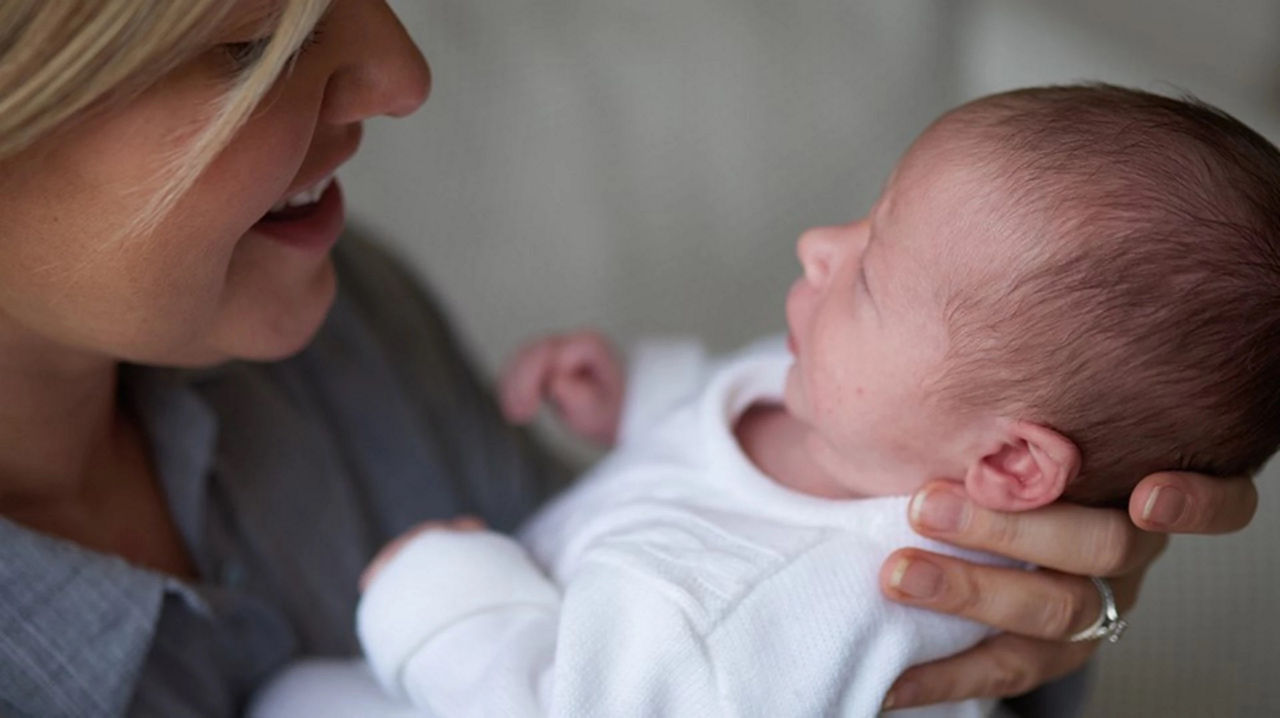How much and how often to feed
As a parent, it’s not uncommon to have questions about your baby’s feeding routine, whether you’re feeding with breast milk or baby formula milk. ‘How often do newborns feed?’ ‘How much milk do infants drink?’ We’ll be providing you with general guidance on how much milk babies need and how often you can expect them to feed.

Feeding your baby
Deciding how you’re going to feed your baby is a personal choice. When it comes to bottle feeding, there are a number of ways you might decide to do this. You can bottle feed alongside breastfeeding (also known as combi feeding), or exclusively bottle feed with either expressed breast milk or formula milk1.
If you decide that bottle feeding is the right thing for you and your family, we’ve got lots of information that you might find useful when establishing and organising your baby’s feeding routine.
Feeding guide 0-12 months
Below, you’ll find our handy feeding charts. This will give you a general guide to how much and how often you should feed your baby based on their weight or age. But remember, every baby is different, and their appetites can vary massively2.
Baby feeding charts
Feeding guide for breastfed or bottle-fed babies (0-12 months) with expressed breast milk.
| Breastmilk needs3 | ||||
| Age | Stomach capacity | Amount per feed | Number of feeds per 24 hours | |
| 1 day | Size of a cherry | 5-7mls | 8-124 | |
| 2 days | Size of a walnut | 22-27mls | 8-124 | |
| 7 days | Size of an apricot | 45-60mls | 8-124 | |
| 1 month – 6 months | Size of a large egg | 80-150mls | 6-125 | |
6-12 months | Baby’s small stomach is growing. Approximately size of a grapefruit7. | Breastmilk remains the main drink, but your baby will adapt their volume of feeds in line with their consumption of solid foods8. | 3-65 | |
This is just a rough guide to help you visualise how much breastmilk your baby needs. Some babies might need more, whilst others might need less, so the amount of breastmilk they have may vary. Don’t worry too much about your milk production. As long as your baby is feeding regularly or you’re expressing 8-12 times a day, your milk supply will adapt to match your baby’s growing appetite6.
Example feeding guide for formula fed babies
| Approx. baby weight* | Quantity of water per feed9 | No. of level scoops per formula feed | No. of feeds per 24 hours | ||
| kg | lb | ml | fl | ||
| 3.5 | 7 ¾ | 90 | 3 | 3 | 6 |
| 3.9 | 8.5 | 120 | 4 | 4 | 5 |
| 4.7 | 10.5 | 150 | 5 | 5 | 5 |
| 5.4 | 12 | 180 | 6 | 6 | 5 |
| 6.2 | 13 ¾ | 180 | 6 | 6 | 5 |
| 6.9 | 15 ¼ | 210 | 7 | 7 | 5 |
| 7.6 | 16 ¾ | 210 | 7 | 7 | 5 |
| 7.9 - 9.6 | 17.4 - 21.2 | 210 | 7 | 7 | 3 |
*Approximate weight based on WHO 50th percentile weight for full-term babies from birth to 12 months10. This is just a guide, and if you’re worried about your baby’s weight or number of feeds, be sure to contact your healthcare provider. Always follow the manufacturer’s instructions and feeding guide for the correct dosage and preparation of feeds.
How often should infants be fed? A guide to quantity and frequency of feeds
How much milk babies need and how often they’ll feed will depend on a number of factors, including their weight and how many months they are. Establishing a feeding routine isn’t an exact science, and this can be especially true if your baby is a newborn and feeding on demand2.
How often should a newborn feed? 0-6 months
Newborn babies will only need small amounts of milk at each feed as their stomachs are tiny when they’re first born. They’ll likely want to feed little and often, so don’t worry if they don’t finish a full bottle (if bottle-fed breastmilk or formula milk) at every feed2.
As a general rule of thumb, a breastfed baby will feed at least 8 times every 24 hours in the first few weeks after birth. By the time they’re one week old, they’ll be getting anywhere between 45-60 ml of breast milk per feed. By the time they’re one month, they’ll be getting around 80-150ml. The amount of breast milk your baby takes at each feed should stay similar between 1 and 6 months, although you may find that this amount increases if your baby has a growth spurt3.
One way to tell your baby’s getting enough milk is the number of wet and dirty nappies you change each day. From the first few days after birth, you can expect your baby to have about 6 wet nappies per day and do at least 1 poo a day2.
6-12 months feeding schedule
Once your baby is around 6 months old, they might be ready to start trying solid foods alongside breast milk or formula milk11. To begin with, they’ll only need small amounts of solid food, but as they eat more, they’ll need less and less breast milk or formula milk to supplement it. Breast milk or formula milk is still likely to be their main source of nutrition until the end of their first year, and most babies will drink roughly a pint of breast milk or formula milk a day at 12 months12.
We’ve included more information on when to start weaning in this article – you can also read more in our in-depth guide.
How to follow a bottle-feeding schedule
Whether your baby is breast or bottle-fed, health professionals recommend that babies are fed on demand13. Most babies can start adapting to a feeding schedule, but how often they want to feed can vary.
This means looking out for feeding cues, and feeding your baby when they show signs that they’re hungry, which might include13:
3 Signs your baby is hungry
- Sucking their hands and fingers
- Rooting for a bottle or teat
- Becoming restless
You can find more information about recognising your baby’s feeding cues.
How to time your baby’s feeds
Feeds can take as long as an hour, and you may find that your baby is feeding around six times per day. As your baby develops, they’ll become more efficient at feeding and as such their feeds will be quicker.
To measure the time between your baby’s feeds, start from the beginning of one feed until the beginning of the next. For example, if you begin feeding your baby at 11am, then you can probably expect them to be hungry again at about 2pm.
Important - feeding your baby safely
When feeding your baby with baby formula milk, it’s very important to follow the preparations provided on the pack exactly. To make sure that your baby’s formula milk is made to the right proportions, always use the scoop provided14.
Never add extra powder to your baby’s feed as this can lead to dehydration and constipation14. You must also never add extra water to a feed, as this can result in your baby not receiving the nutrition that they need. Read our guide to preparing a bottle feed to find out more.
In addition, never leave your baby alone during feeding, and be sure to use the correct-sized teat. That way, you can be sure that your baby isn’t taking in their milk too quickly.
At how many months old should I start transitioning my baby onto solid foods?
As you follow your baby’s development, you’ll get to see and experience them learn a number of exciting new skills. There’s a lot going on for your baby in their first year, rolling over and sitting up for example, and reaching out and grasping for various objects. Along with this increased skill set also comes a bigger appetite! After the first 6 months, it might be time to introduce your baby to solid foods, also known as weaning or complementary feeding.
Solid foods should be introduced into your baby’s diet gradually, alongside your baby’s usual milk feeds11. Weaning is usually done at around six months of age, as by that point, your baby will have increased nutritional needs, and they’ll be developmentally ready to cope with solid foods.
There are a number of signs to look out for that may indicate that your baby is ready for solid foods11:
5 Signs your baby is ready to start weaning
- Sitting independently.
- Holding their head still.
- The ability to coordinate their hands, eyes and mouth.
- Looking at and picking up food.
- The ability to swallow.
You can learn more about the signs of weaning.
You can learn more about the signs of weaning.
When you first introduce your baby to solid foods, they’re likely to consume only a very small amount. At this stage, it’s all about letting your baby experiment with new tastes and textures, and milk will still constitute their main source of energy and nutrients for a while longer7. Gradually, the amount of variety of foods that your baby eats will increase.
How much milk do infants drink while weaning?
When you first introduce your baby to solid foods, milk will still constitute their main source of energy and nutrients for a while longer11. Gradually, the amount and variety of foods that your baby eats will increase and they’ll need less and less milk.
At this stage, weaning is more about letting your baby experiment with new tastes and textures, rather than how much they eat.
- NHS (2024). Bottle feeding advice [online] Available at https://www.nhs.uk/conditions/baby/breastfeeding-and-bottle-feeding/bottle-feeding/advice/ [Accessed December 2024]
- NHS (2023). Formula milk: common questions [online] Available at https://www.nhs.uk/conditions/baby/breastfeeding-and-bottle-feeding/bottle-feeding/formula-milk-questions/ [Accessed December 2024]
- NHS Great Ormond Street Hospital for Children. Breastfeeding and expressing milk for your baby at GOSH [online 2020]. Available at https://www.gosh.nhs.uk/conditions-and-treatments/procedures-and-treatments/breastfeeding-and-expressing-milk-your-baby-gosh/. [Accessed February 2025]
- NHS Inform. Ready Steady Baby! Breasfeeding [online 2025]. Available at https://www.nhsinform.scot/ready-steady-baby/labour-and-birth/meeting-your-new-baby/breastfeeding/. [Accessed February 2025]
- UC Davis Children's Hospital. The First 12 Months: What & When to Feed Your Baby [2013]. Available at https://health.ucdavis.edu/media-resources/children/documents/general/First%2012%20Months_rev.pdf. [Accessed February 2025]
- NHS Brighton and Sussex University Hospitals. Breastfeeding in the first few days [online 2019]. Available at https://www.uhsussex.nhs.uk/wp-content/uploads/2022/08/Breastfeeding-in-the-first-few-days.pdf. [Accessed February 2025]
- Unicef. Feeding your baby: 6–12 months [online]. Available at https://www.unicef.org/parenting/food-nutrition/feeding-your-baby-6-12-months. [Accessed February 2025]
- NHS Start for Life. What to feed from around 6 months [online]. Available at https://www.nhs.uk/start-for-life/baby/weaning/what-to-feed-your-baby/from-around-6-months/. [Accessed February 2025]
- NHS Health Scotland. Formula feeding: How to feed your baby safely [online 2020]. Available at https://www.wihb.scot.nhs.uk/wp-content/uploads/2020/03/5523-__Formula-feeding-booklet-Jan2020-English.pdf. [Accessed February 2025]
- The WHO Child Growth Standards [online]. Available at https://www.who.int/childgrowth/en/. [Accessed January 2025]
- NHS Just One Norfolk. Weaning your baby [online] Available at https://www.justonenorfolk.nhs.uk/healthy-lifestyles/infant-feeding/weaning-moving-on/weaning-your-baby/ [Accessed December 2024]
- NCT (2021). How to bottle-feed your baby [online] Available at https://www.nct.org.uk/information/baby-toddler/feeding-your-baby-or-toddler/how-bottle-feed-your-baby [Accessed December 2024]
- NHS Start for Life. Feeding on demand [online] Available at https://www.nhs.uk/start-for-life/baby/feeding-your-baby/bottle-feeding/bottle-feeding-your-baby/feeding-on-demand/ [Accessed December 2024]
- NHS (2023). How to make up baby formula [online] Available at https://www.nhs.uk/conditions/baby/breastfeeding-and-bottle-feeding/bottle-feeding/making-up-baby-formula/ [Accessed December 2024]
Related articles

Need some help?
You can get quick answers to common questions in our FAQs.
Alternatively, if you need help with general pregnancy or baby advice, or maybe on using or ordering our products - our expert team are always on hand to talk about feeding your baby.
Breastfeeding is best for babies and provides many benefits. It is important that, in preparation for and during breastfeeding, you eat a varied, balanced diet. Combined breast and bottle feeding in the first weeks of life may reduce the supply of your own breastmilk, and reversing the decision not to breastfeed is difficult. The social and financial implications of using an infant formula should be considered. Improper use of an infant formula or inappropriate foods or feeding methods may present a health hazard. If you use an infant formula, you should follow manufacturer’s instructions for use carefully – failure to follow the instructions may make your baby ill. Always consult your doctor, midwife or health visitor for advice about feeding your baby.






